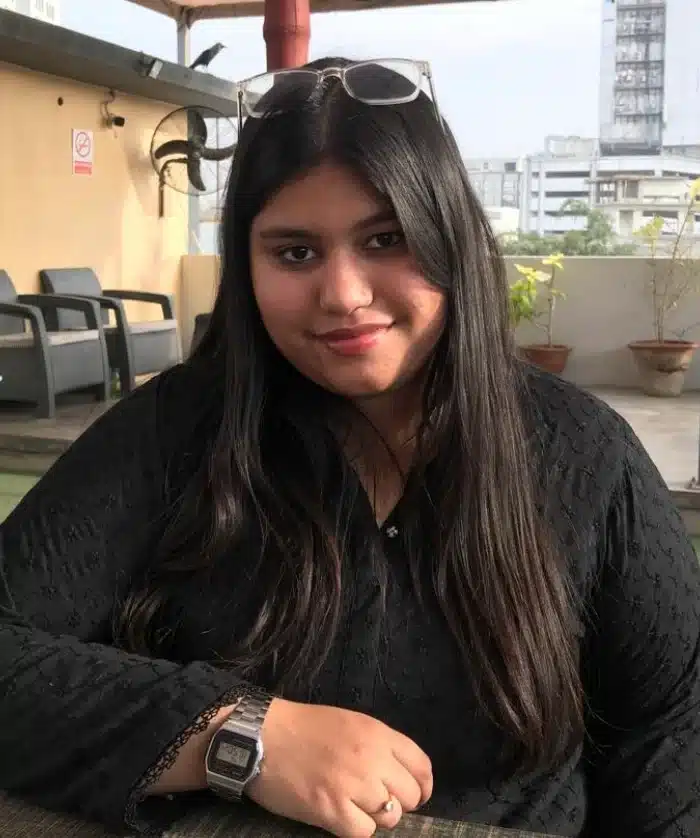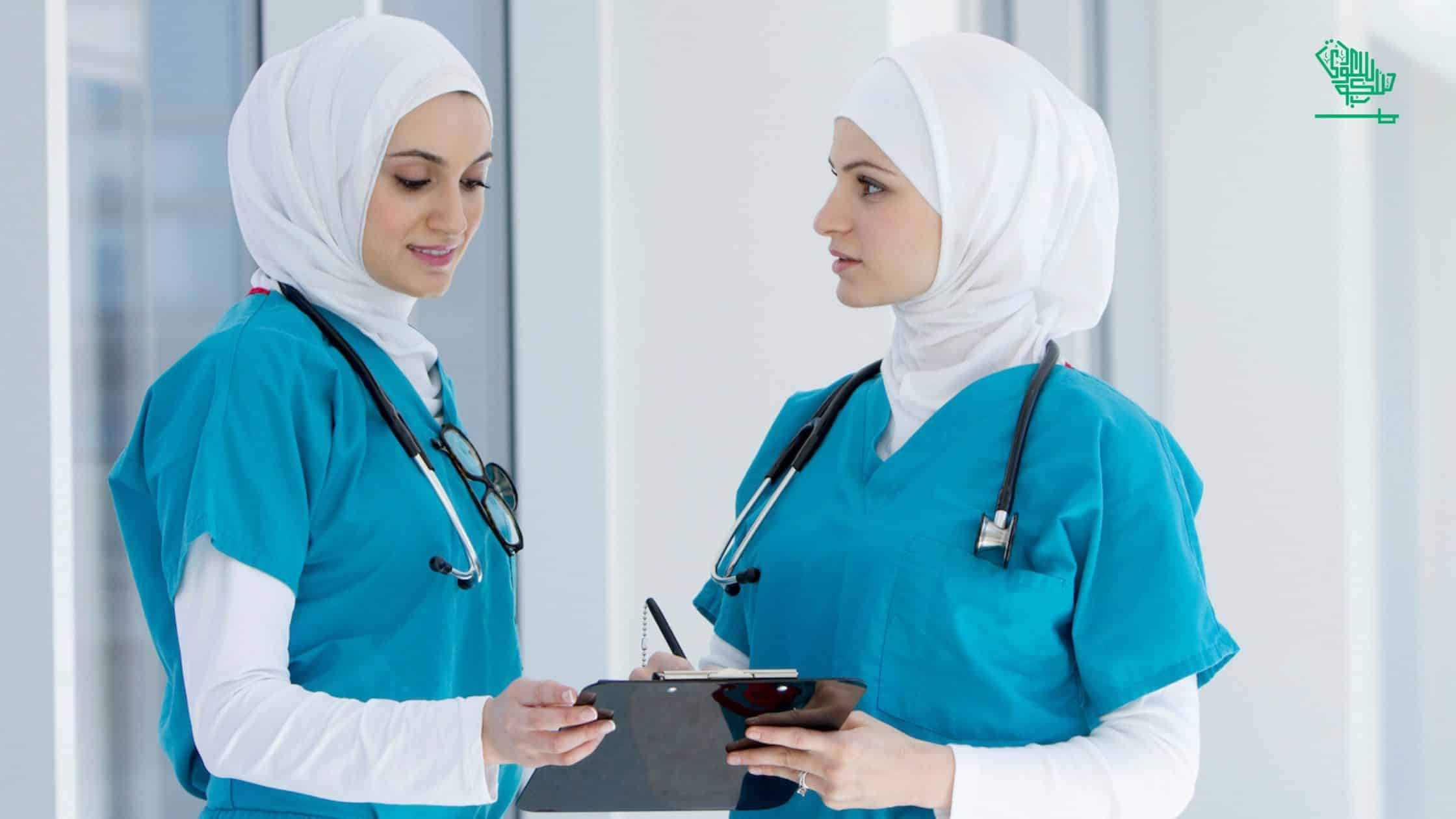- Healthcare for Women
- Gynecology
- Contraception and Women’s Health
- Maternity Care
- Breastfeeding
- Fertility Treatments
- Abortion Laws in Saudi Arabia
- Menopause
- Cancer screenings
- Cost and Availability of Feminine Hygiene Products
- Women’s Clinics and Healthcare Centers
- Mental Healthcare for Women
Specialized healthcare for women in Saudi Arabia is comparable to that available in the Western world. Despite the slightly limited role of women in economic and commercial activity, ex-pat women will find they are well taken care of in their health matters.
This article helps to guide and provide information about women’s healthcare in Saudi Arabia.
Healthcare for Women
When moving to Saudi Arabia, all persons, especially women, need to adjust to the rules governing when they can go to the malls and where and when they can drive.
These rules can sometimes appear vague and affect ex-pats’ quality and access to women’s general healthcare in Saudi Arabia.
However, the bright side is that Saudi Arabia hires international professionals extensively, so the healthcare professionals you will come across mainly speak English. Therefore, you won’t have any issues with communication.
The Saudi government has heavily invested in its healthcare system, importing the most high-tech machines and bringing in the most skilled international medical professionals.
With some variation of quality of care, you will generally experience healthcare at par with any developed country.
Read: A guide to healthcare systems in Saudi Arabia
The Saudi health system’s only challenge is the chronic shortage of medical staff. With increased life expectancy and a rising population, Saudi Arabia always brings in the best doctors and other staff to meet the system’s demands.
Women’s Healthcare and its Challenges
The cultural segregation of Saudi Arabia affects the speed at which healthcare can be availed in the Kingdom. The women in the Kingdom tend to suffer from vitamin D deficiency as they cover their bodies from the sun, and exercise isn’t always a priority given the intense sun.
These reasons combined have caused a rise in Hypertension, diabetes, and other inactivity-related illnesses.
The strict adherence to gender segregation sometimes could affect the speed of healthcare access; for example, male paramedics may not enter an all-female space, leaving the female patients to wait for female paramedics.
Though this won’t happen every day – or ever- it is an essential factor to remember.
Access to women’s healthcare
Women-specific healthcare services in Saudi Arabia are offered at speciality clinics or within larger hospitals and healthcare centres.
Do your research and check recommendations before picking a particular care provider. Generally, more prominent public hospitals with larger budgets offer some of the best care.
Healthcare Insurance for women’s
Health insurance is a requirement dependent on the ex-pat’s job contract. As detailed earlier, certain aspects of healthcare, such as maternity costs, may not be covered by your policy; this will depend on your insurance policy.
You must have an insurance policy well suited to your future needs. Although public hospitals are free and for locals only, they also have some of the most specialized care and can be available to ex-pats, requiring them to pay the necessary fees.
Gynecology
Finding a gynecologist you will be comfortable with is essential in any country. Here in Saudi Arabia, you have to go through your insurance company, and if, for some reason, the policy finalization takes time, then for your urgent needs, you can still visit the doctor but will need to pay cash to be seen.
Therefore, many options are available; we advise that you ask within your ex-pat network or online forums for recommendations for choosing a care provider. Ensure they accept your insurance, and you should be able to make an appointment directly with them.
Contraception and Women’s Health
Birth control
Practicing birth control is permitted in the Kingdom, though availability may vary depending on the city and the pharmacist.
The pill is the most common option, followed by the male condom and Intrauterine Device (IUD). Some pharmacies may require a prescription for the drug, and it is always better to get one. However, you will likely find pharmacists who won’t ask for a prescription in cities like Jeddah and Riyadh.
The Morning-After Pill
This emergency contraception is available by prescription only, and although doctors will prescribe it, only a few pharmacies carry it. Some women have been known to use high doses of ‘the pill’ to serve as an emergency contraceptive; Doctors do not recommend this.
Maternity Care
With widely available prenatal care, childbirth in Saudi Arabia will be similar to that in your home country. Mothers-to-be must double-check their insurance coverage for childbirth costs, as hospital fees can often be exorbitant. Private insurance can allow you to choose a doctor or hospital, so get referrals from friends and trusted medical professionals when deciding where to give birth.
Breastfeeding
There aren’t any numbers or surveys on breastfeeding practices in Saudi Arabia; perhaps these aren’t even required, as the Quran does dictate that mothers should breastfeed for the first two years of a child’s life. A recent study has found that about 80% of new mothers were aware of breastfeeding due to their religious obligations and medical practitioners. Breastfeeding has always been accepted as an essential and best practice in the region. However, it is not recommended to breastfeed in public or at places where men and women are not segregated.
Fertility Treatments
Fertility treatments were once a highly stigmatized matter in the Middle East. This stigma has faded, and those needing this specialized intervention are turning to fertility clinics as education levels rise. Saudi Arabia is a leader within the Gulf and offers In Vitro Fertilization (IVF), Intracytoplasmic sperm injection (ICSI), and Intrauterine Insemination (IUI). Generally, these fertility clinics are private and charge fees.
Abortion Laws in Saudi Arabia
Abortion is legal in Saudi Arabia whenever necessary to protect the well-being and safety of the mother. There are, however, enough contradictions in the form of multiple legal decrees to make access almost impossible. A male guardian’s approval is necessary to get an abortion and fulfill other requirements, such as gestation and the reason for seeking termination.
Getting an Abortion in Saudi Arabia
Obtaining legal permission for an abortion can be challenging, so some women will resort to drugs or other substances to self-induce the abortion. Ex-pats will usually choose to go to their home country – or abortion-friendly countries like India, Turkey, or Greece for an abortion.
Menopause
Menopause is an understudied area of women’s health in Saudi Arabia. Although studies have been conducted on the subject, no menopause-specific clinics are available. If you seek advice and support during this period, your doctor will best answer your questions.
Cancer screenings
Cervical cancer
Screening for cervical cancer is relatively straightforward; it requires a Pap and HPV test. This procedure usually requires around 15 minutes; depending on your doctor’s recommendation, it should be done every three to five years. As always, ensure you have checked your insurance to confirm it covers the cost of the screening.
Screening for Breast Cancer
Breast cancer is the ninth most common cause of death for Saudi women, and the government is taking this matter very seriously. Breast cancer screenings are available free of cost for the local population. If you require a screening, check what your insurance covers and then schedule an appointment with your medical service provider. Fortunately for ex-pats, most insurance policies cover part or all of the costs associated with detecting and treating this disease. Many ex-pats choose to stay in Saudia as they battle cancer, as ex-pats can easily access the best quality cancer treatment facilities, from radiotherapy to mastectomy.
Screening for Ovarian Cancer
Unfortunately, there is no early ovarian cancer screening until you start to experience symptoms. As there is no test, you must ensure regular visits to your gynecologist and pay attention to any possible signs. If and whenever something feels different, unusual, or painful, consult it with your doctor.
Cost and Availability of Feminine Hygiene Products
Feminine hygiene products are readily available in Saudi Arabia. This, however, may not be the case in smaller cities and towns, with tampons and especially tampons with applicators, which could be challenging to find. Ex-pats with support needs, like pure cotton pads, menstruation cups, etc., are advised to bring these in bulk.
Women’s Clinics and Healthcare Centers
The government in Saudi Arabia has always invested heavily in its public healthcare system. Therefore, top-quality specialty care is readily available at public institutions, and clinics dedicated to women’s healthcare are no exceptions to this rule. Ex-pats interested in women’s health centers can check out the following:
- International Medical Center ( an affiliate of the Mayo Clinic in the USA)
- King Fahad Medical City
Mental Healthcare for Women
Saudi Arabia has begun removing the stigma associated with mental health. With as many as 2,000 psychiatrists and psychologists in the country, the Kingdom has built an extensive hospital-based mental health care system. Therapists and women’s support groups are hard to come by outside the hospital system.
Eating Disorders
Discussions on eating disorders in Saudi Arabia can be a socially awkward topic in much of the world. No significant studies or national campaigns have been conducted to spread awareness on the subject. A recent study at Taif University found that 35% of female students questioned were at risk of an eating disorder.
If you are looking for an eating disorder support group, you should look within your ex-pat networks and ask your medical provider.
Saudi Arabia generally offers modern, safe, and effective healthcare for women; the services are consistent and world-class.
DISCLAIMER: The images/videos/logos showcased on this page are the property of their respective owners. We provide credit and sources wherever possible. However, If you find that your image/video is displayed on this blog without authorization, please contact us with the relevant details and a link to the image, and we will promptly address your concerns.

I’m Soha Owais, a law graduate with an LLB (Hons), blending my legal background with a passion for storytelling. As an author and writer at Saudiscoop.com, I craft engaging narratives that connect with both local and international audiences, bringing a fresh and informed perspective to the stories that matter.




